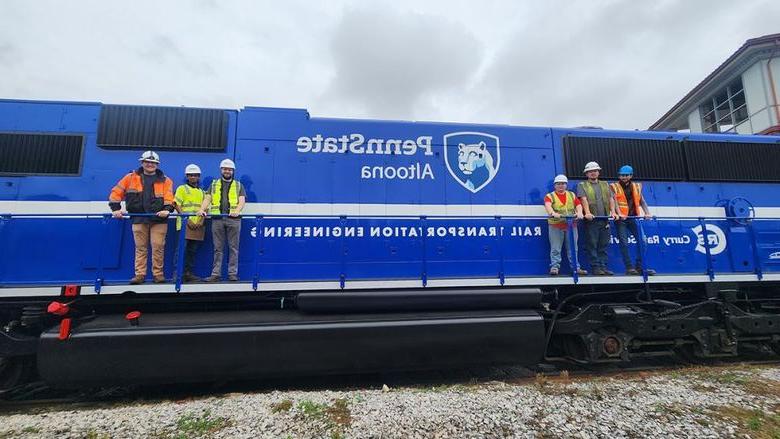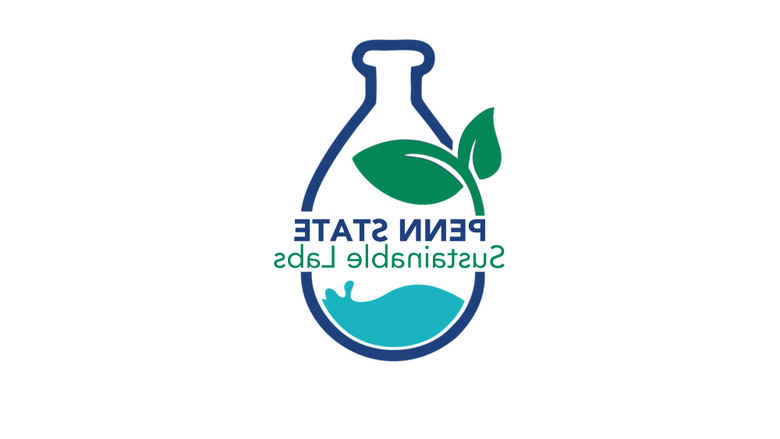Mentors come to the mentoring relationship with myriad mentoring skills and abilities, and no two mentors will approach the relationship in the same way. However, there are some attributes of a mentoring relationship that consistently produce positive benefits for the student mentees. Some of these include planning, clear expectations and benchmarking, relationship building, appropriate training in methodology and professionalism, and developing a students’ self-sufficiency (e.g., Gonzalez, 2006; Mabrouk, 2009; Shanahan et al., 2015; Watkins, 2005).
Below are some resources and opportunities for mentors, to increase the capacity of undergraduate research at Penn State Altoona.
- Council on Undergraduate Research
The Council on Undergraduate Research (CUR) is the preeminent organization centered around strengthening undergraduate research and creative activity. Penn State faculty, staff, and students are eligible to take advantage of the University’s enhanced institutional membership and register for an individual membership at no cost. Membership benefits include access to CUR Quarterly, CUR’s online archive of webinar recordings and materials, and more. - Excellence in Undergraduate Research and Creative Activities Mentoring Award
Did your colleague provide superior support and guidance during a student’s research/creative activity experience? Nominate them for the Excellence in Undergraduate Research and Creative Activities Mentoring Award. We seek to recognize mentors of undergraduate students who have demonstrated excellence in the mentoring process, as evidenced by their impact on, and the outcomes of, their mentee’s personal and professional development in the discipline. Nominations for this award may be submitted online.


